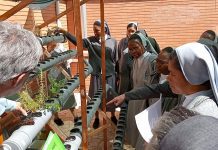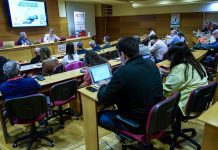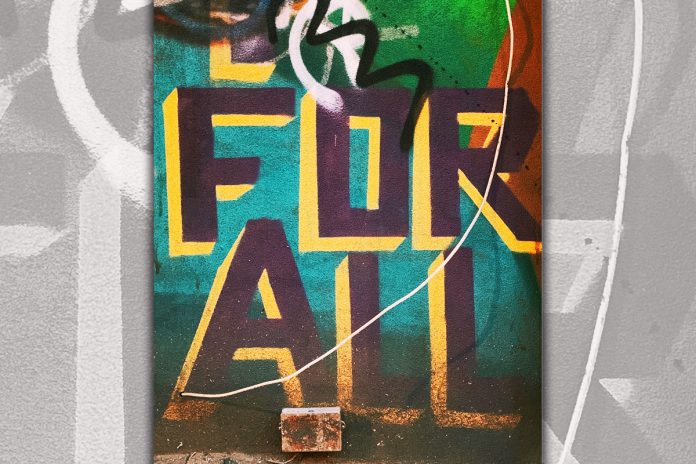Rome (Italy). World Social Justice Day is celebrated on 20 February 2023, proclaimed by the United Nations General Assembly in 2007 to support the commitment of the international community and raise awareness among institutions and public opinion towards the eradication of poverty, the fight against unemployment, the promotion of decent work and social justice for all.
“Overcoming barriers and unlocking opportunities for social justice” is the theme of the 2023 Day.
The Universal Declaration of Human Rights in article 1 states: “All human beings are born free and equal in dignity and rights. They are endowed with reason and conscience and must act towards one another in a spirit of fraternity.” A large part of the world’s population, without any responsibility, is deprived of basic goods, such as housing, work, health care, education, food, and more. Social justice can be defined as the ability to guarantee fairness and justice, which are closely connected in every society and nation.
Article 22 of the Declaration further states that: “Everyone, as a member of society, has the right to social protection and to obtain, through national effort and international co-operation and consistent with the organization and resources of each State, of the economic, social, and cultural rights indispensable for his/her dignity and the free development of his/her personality.” Human rights are the rights and freedoms that everyone has from the moment of birth; they are not privileges that are inherited or earned. They apply equally to everyone, regardless of age, gender, race, ethnicity, creed, wealth or social standing. Being rights, they cannot be taken away from anyone by anyone.
Martin Luther King Jr. in his letter from Birmingham Jail, wrote: “The injustice of any place is a threat to the justice of all places.” Poverty and inequality within and between Countries are on the rise in many parts of the world. The economic and social crises of recent years have been aggravated by the consequences of the Covid-19 pandemic, natural disasters due to the acceleration of climate change, geopolitical tensions, and war conflicts. These crises have highlighted the interconnectedness of economies and societies around the world and demonstrated the critical need for joint actions to respond to them at the global, national, and local levels.
Human rights are interconnected. This means that the loss of one right affects other rights. Similarly, the promotion of some human rights in one aspect supports all human rights. Their deprivation for a part of humanity, in one part of the world, affects the human rights of other people and regions. For example, the deprivation of the right to sustenance forces migration.
Every step towards the goal of social justice requires righteousness, boldness, sacrifice, and is supported by the tireless commitment and heartfelt concern of dedicated individuals, yet it is the task of each to guarantee social justice for all, according to the biblical teachings: “learn to do good. Make justice your aim: redress the wronged, hear the orphan’s plea, defend the widow.“ (Is 1:17).
As Christians, we are called to be just with everyone and to be promoters of justice, bringing the voice of the voiceless. Often, in fact, one does not reflect on the way in which one’s actions can affect the lives of others, especially the most disadvantaged categories of society. Leaving one’s ‘comfort zone’ to seek justice for those who suffer various forms of injustice is a prophetic call, in the awareness that God’s justice is not human justice: “But I say to you, love your enemies, and pray for those who persecute you, that you may be children of your heavenly Father, for he makes his sun rise on the bad and the good, and causes rain to fall on the just and the unjust.” (Mt 5: 44-45)
Social justice therefore means loving and treating everyone with equal rights and dignity, according to the very nature of God. Since God is just and loving, we are called to live a fraternal life and to do justice to all.
In collaboration with the Educating Communities and with the various partners with which it works, the Institute of the Daughters of Mary Help of Christians promotes a fair and dignified life for every person. Through the dimension of the educational-pastoral commitment, it favors and promotes human rights education, supports the social cause, and educates on social issues, since many of them go unnoticed precisely because of the lack of information.
“Justice is an indispensable requirement for realizing the ideal of universal brotherhood” (Pope Francis, FT 173).




















